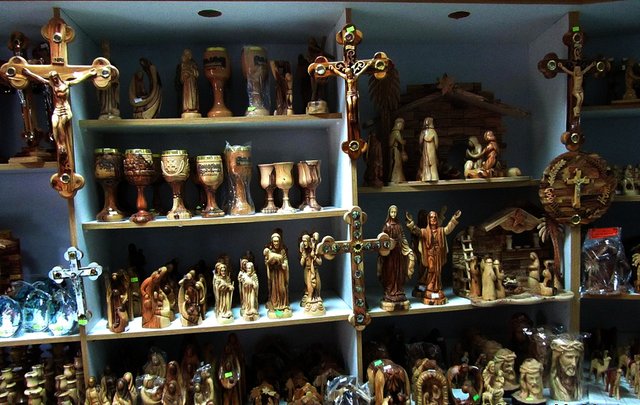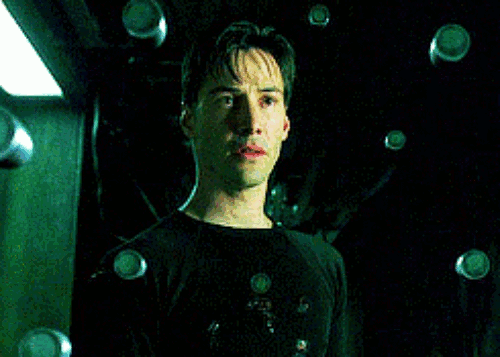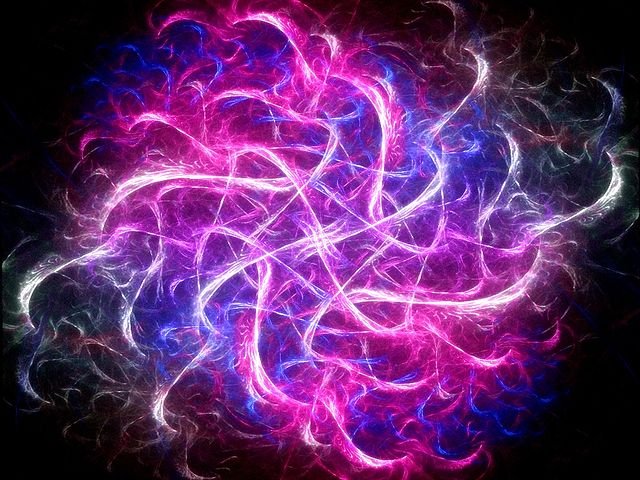[Symphony41] #3 How to estimate the credibility of religions (and atheism)

In the previous post I stated that in the assessment of worldviews I’m more interested in the safety they bring than their likelihood. On the other hand, however, I wouldn’t like to protect myself against a scenario that is extremely unlikely. For this reason, in today's post I’m looking for a rational basis for believing in religions and life after death.
At the outset, I’d like to strongly emphasize that I‘m writing this text as a layman and it’s not the result of reliable scientific work. I’m writing it as a starting point and provoking substantive discussion. I will gladly change my mind in each matter described here, as long as I hear convincing arguments that I sincerely hope for.
Matrix, or broadening horizons
In recent times, the view called the hypothesis of simulation has gained popularity. According to it, the world that surrounds us is in fact a simulation generated by supercomputers, just like in the Matrix movie. Its simplest variant assumes that we live in a simulation of times that have long since passed. The simpler to implement such simulations are, the more of them can potentially be created, so the greater the chance that we live in one of them.

Is it really so, it's hard to say. On the one hand, the latest findings show that for a full simulation of all physical phenomena even in a small space (several hundred electrons) we’d need more atoms than our universe counts. On the other hand, maybe there’s no need to simulate everything and we can be cheated much easier, as it happens in computer games, where only the part of the world the player is looking at is rendered.
Note, however, that setting up a historical simulation limits us very much. Let's look differently: if we had the opportunity to create such simulations, wouldn’t it be simpler than accurately giving reality, let the imagination run wild and create a world that has its own laws? It seems very likely, and this means that our "outside" world can look practically anyhow. That’s a problem unfortunately, because at this moment we lack the basis for saying something more about this world: it may have a million dimensions and be inhabited by shapeshifting ants. What's more, it can also be just a simulation in an even larger universe. So how can we deal with this problem?
Occam's razor sharp and blunt
My guess is that at this point some readers want to shout: "Ockham's razor! use Ockham's razor!" For the uninitiated: it’s the old philosophical principle that beings should not be multiplied beyond necessity. So let's try to get back to earth for a while and use it.
.gif)
Suppose for now that we have never heard of any paranormal phenomena or miracles in our lives - this is a complex topic, so let us ignore them for now. In this situation, it seems that after using Ockham's razor, we should get a typical atheistic worldview: the world was created in the Big Bang, then life appeared in a random way, and then evolved, ultimately creating us. However, not everyone knows that this image of the world, in order to be probable, requires the assumption of the existence of many other universes, which just like ours appeared without a clear reason. Cause it turns out that the physical constants of our universe are set in a very specific tuning, so that a small change of them would make the presence of liquid water impossible, and thus life as we know it.
The problem is interesting, because it turns out that in the case of unlikely events, such as the emergence of our universe, it’s difficult to determine how far Ockham's razor should go. The most radical version will assume that there are no other universes apart from ours, so yes, there has been a huge coincidence. However, it doesn’t really satisfy any of us. So you can instead adopt a different, less sharp version of the razor, which allows you to believe in something that is probable, though uncertain.
In search of intelligence
To go further in this reasoning, let’s assume that there are a sufficient number of universes that the chance of creating our universe would be 50%. This will be the level of sharpness of our razor. What results from this assumption?
I haven’t yet found out how much precision in the tuning of the universe is needed for life to arise in it. So let’s assume for a moment that in order to have a 50% chance of hitting these values, we have to make one million draws. So, in other words, we believe in the existence of a million universes like ours, but with different parameters. But is it enough? I dare say no, because not only the parameters of our universe are improbable, but also the architecture itself. After all, who said that the universe must have dimensions at all and be governed by such complex laws of quantum mechanics? It’s therefore necessary to assume the existence of universes with different architectures - both less and more complex than ours.
And now let’s ask a key question: in how many of these universes was the intelligence likely to be created? Unfortunately, here I have no hard arguments, but there are indications that there may be a lot of them.
Let's look at one regularity: if we can say that our Earth gives us ideal conditions for the development of life, they aren’t necessarily the ideal conditions for the development of intelligence. The human mind is tainted with the mass of cognitive errors resulting from the need for survival, which is stronger than the need for faultless reasoning. Thought processes require our effort, we are wrong very often, while the laws of physics never tire and are not mistaken, because they are inscribed in the nature of the universe.
And now the next question: if our universe is able to execute its complex laws of physics so flawlessly, wouldn’t it be simpler to have a universe that in the same natural way implements thought processes? In such a universe, there must be no space, time, light and fluctuation of the vacuum. It’s enough that there will be thoughts, numbers, logic, memory, setting goals and self-reflection. And just as our universe has no natural limitations in continually changing one form of energy into another, so he could unlimitedly think, count, create, and achieve goals.

The next step in this thought process is probably obvious to everyone: such an intelligence could create other universes, including a universe like ours. It could create them both through simulation, which we discussed at the beginning, and by managing them from the outside. Anyway, in this scenario, the hypothesis of life after death in another world would be possible.
As I have already mentioned, I don’t currently have sufficient knowledge to estimate the likelihood of such a version of events. It can be very large and very small. If I’m read by a specialist in artificial intelligence or quantum physics, I’d be very asking you to comment on this hypothesis - it can certainly be greatly improved. For the time being, however, the above reasoning is the basis for me to consider life after death as likely, and without reference to stories of supernatural events.
And what about miracles?
I put down miracle stories temporarily aside for a simple reason: there are more problems with them and I have less knowledge about them. Above all, most of them are based on witnesses' accounts that can be easily undermined. People can lie or suffer from mental illness. Even worse, today even photographs and recordings can be easily counterfeited. Nevertheless, it’s the supernatural phenomena, next to extraordinary coincidences, that will form the basis for drawing conclusions in my further inquiries. I plan to gather this type of arguments as much as possible and determine their strength in the most rational way, that is how strongly they test for a given worldview.
This, however, in the next entries, and for now it's all. I count on substantive comments under the post and I encourage you to follow my profile.
TL;DR
- simulation hypothesis: it seems quite possible that our world is just a simulation, but this thinking opens us to an infinite range of possibilities, what’s difficult to get to
- the problem of modern cosmologists: the perfect tuning of the parameters of our universe is very unlikely, which can be explained by the existence of many other universes - although it remains an open question how many of them all can be
- my hypothesis: accepting even the minimum reasonable set of existing universes, we have a good chance that many of them have developed intelligent entities, including those that would be able to simulate our universe
- I have no strong arguments for this hypothesis, but on the basis of the premises I consider it to be pretty probable, and this opens the door to thinking about life after death
- a separate category of arguments in this discussion are supernatural phenomena - they are problematic, because they can easily be falsified, but it will be the base for my further search
Congratulations @deafviolinist! You received a personal award!
You can view your badges on your Steem Board and compare to others on the Steem Ranking
Do not miss the last post from @steemitboard:
Vote for @Steemitboard as a witness to get one more award and increased upvotes!